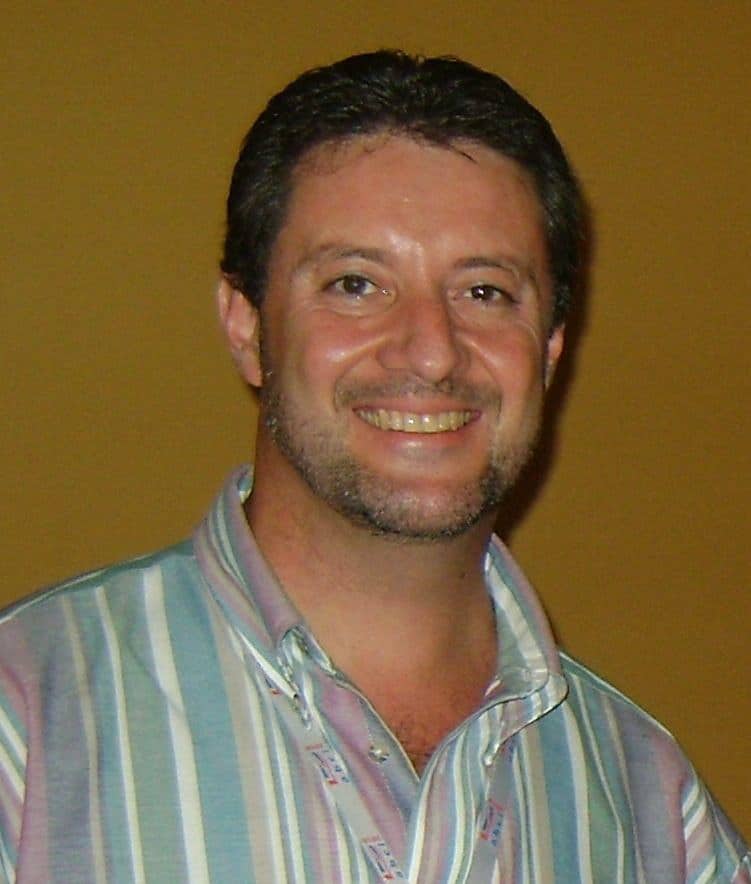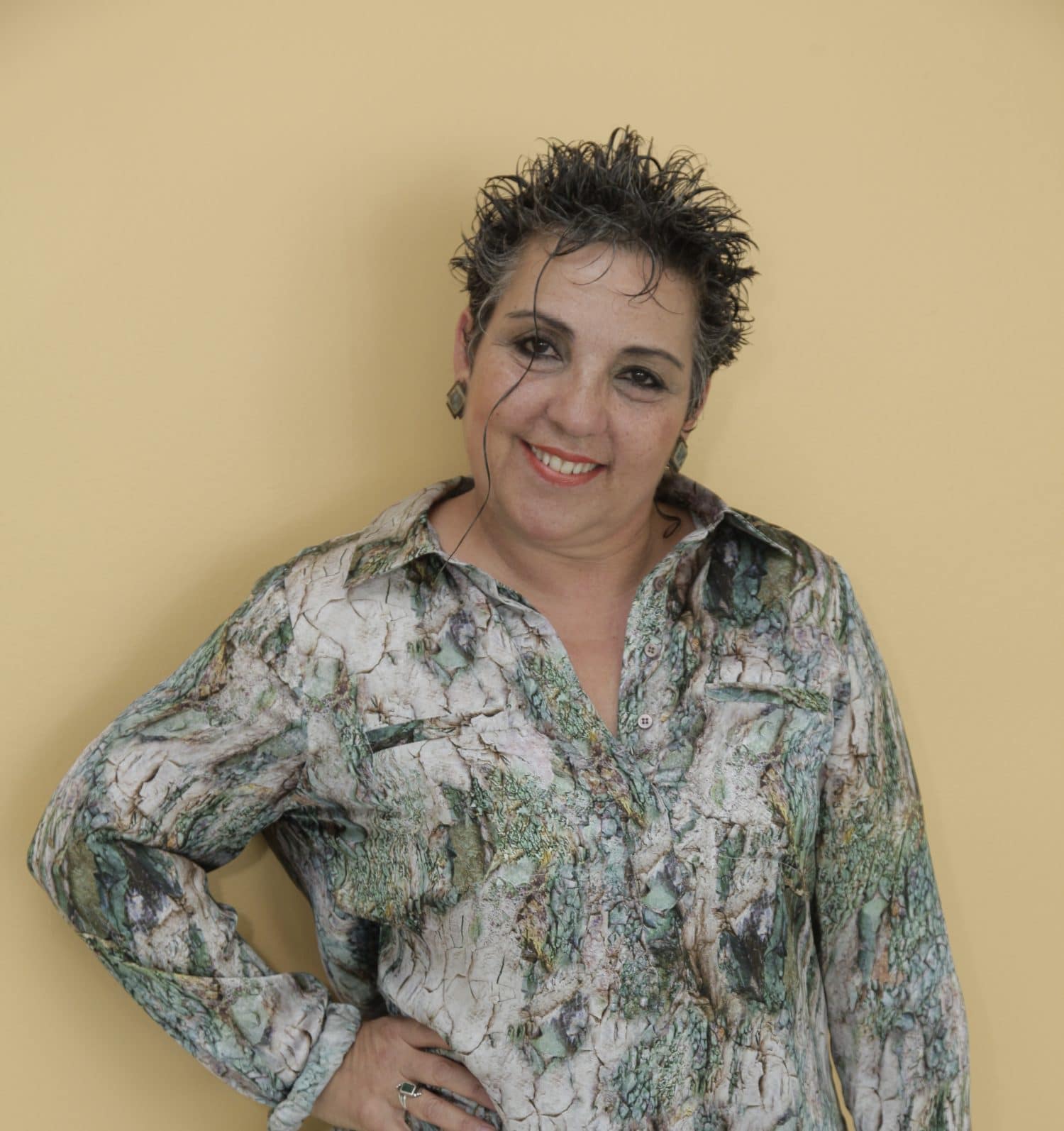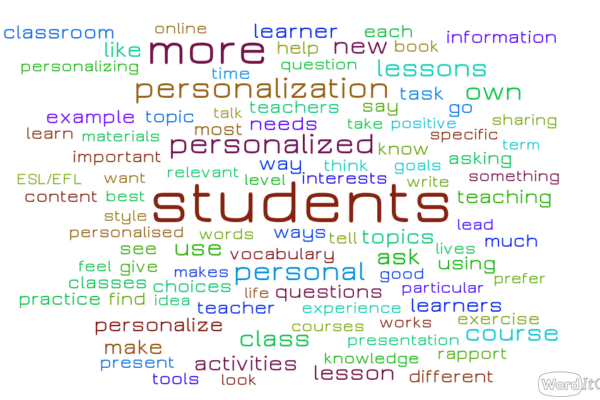From RLE To VLE – The Missing Extension?
It goes without saying that we live in a world which is bombarded by information. I am not saying that is all bad, however, for some this may be too much, too soon and too frightening. This fast-moving evolution of information technology has brought about a new sort of ‘society’ which seeks for a full range of perspectives and interests. That is exactly when RLE (Real Learning Environment) and VLE (Virtual Learning Environment) collide. Unfortunately, the so-called ‘cloud’ does not seem to be 9 for everyone, especially if one considers education.
I have been a Cultura Inglesa SJDR teacher for years and my working environment is based on state-of-the-art classrooms, it is just like walking into a 3D-technology environment. I have been teaching English in a State Public School (Dr. Garcia de Lima) for 6 months now and, in all fairness, the school provides the teachers with well-equipped classrooms with Data show and the kind. On the other hand, all sort of technology, mobile phones mainly, used by the students is prohibited by a State Law. Much to my surprise, this measure works in terms of discipline and all that. Taking this fact into account, I have to gauge my lessons and my operations are basically developed on a RLE. I kept wondering how I could extend the contents of my lessons so that this ‘new information society’ is achieved. I did a wee survey in my classes and found out that the vast majority has access to technology outside class. I am thinking: ‘here lies a good opportunity to do some learner training and invite my students to go from RLE to VLE’. I did some research myself and I came up with a few ideas on how to motivate my students to enter this Educational VLE. The ideas to be implemented after the school break are outlined below.
- Once we work on a RLE it is vital that revision takes place at home. One way to maximise the learning process is to go on VLE and compare their notes made in class to whatever they can find as similarities or discrepancies online. In other words, not only can students certify what I cover in class but also add to what I might have either left out or forgotten to mention.
- As part of our learner training, the first thing they need to do is come up with an action plan. I make sure that they understand I have my lessons planned for them; consequently, they should have their plans ready to take actions. After all, it is assumed that they follow a certain plan to study and do their tests. In this way, studying on a VLE is not different on the grounds that they should allocate time and day to get this done.
- On a RLE is vitally important to make notes and I have come to notice that my students lack this skill. They tend to jot everything down as opposed to listening to me. This, in turn, might constitute an issue. So, as part of the learner training, I intend to expose them to some note-taking strategies such as bullet-points, mind-maps, spider-graphs and the kind. I am hopeful that they will have free reign to their imagination and take studying as a pleasurable thing, not a dull one. Moreover, as a spinoff, they can transfer such skills to other subjects which required loads of note-taking.
- As I understand this will be a ‘new thing’ for them, I am anticipating some difficulties on the learners’ side. I have coined an acronym for them based on Jedi Master Yoda – GUN (Give Up, Never). They need to be aware of the fact that failure will be part of the process and that they will never know if they do not go, they will shine if they do not glow.
I am fully aware that implementing this action-plan will bring out minuses and pluses. However, I am
expecting that the pluses will outnumber the minuses, especially if one considers that any sort gain requires some (un)necessary pain. I also know that floating from a RLE to a VLE may be a small step for some, yet it may be a huge for others, myself included.






